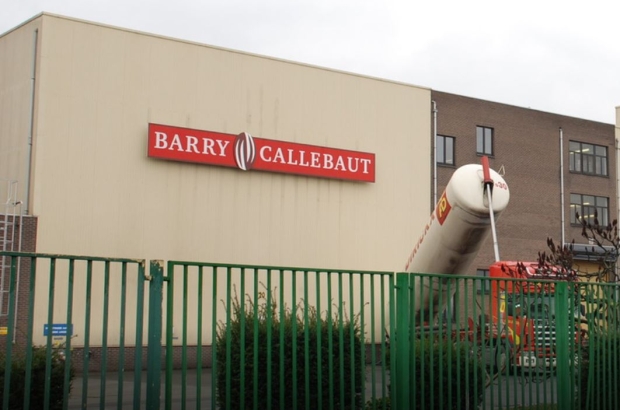- Daily & Weekly newsletters
- Buy & download The Bulletin
- Comment on our articles
Salmonella found at chocolate producer Barry Callebaut's site in Flanders
Belgian-Swiss chocolate manufacturer Barry Callebaut’s site in Wieze, in the province of East Flanders, has shut down production at its factory after detecting the presence of salmonella, RTBF reports. All chocolate bars produced after 25 June have been isolated on site.
Inspectors from AFSCA, the Federal Agency for the Safety of the Food Chain, arrived at the Barry Callebaut site on Thursday.
Barry Callebaut's spokesperson confirms: "On Monday, when we discovered a positive salmonella sample, we took the decision to inform our customers directly and also to inform AFSCA to work with them. We immediately also blocked and isolated the products on our site and then conducted reviews. When it became clear, through these reviews, that it was lecithin that was the issue, a substance that is used in all chocolate products here in the factory, we knew that the plant had to be closed." Lecithin is a lipid that is added to the manufacture of chocolate as a binding agent.
Chocolate production at the Wieze site therefore remains suspended until further notice. The company has also contacted its customers so the products are not sent to customers.
Barry Callebaut says it will lead the investigation to determine the causes of this accident and will keep AFSCA informed. Once the causes arefound, "the production lines will be cleaned and disinfected before the production process resumes," the company said.
This incident is reminiscent of the health scandal that had affected some products of the Kinder brand, owned by the Ferrero group. The Ferrero plant in Arlon, which was among those affected, has received conditional approval from AFSCA and should resume production of its chocolates in early July.
This closure measure for Barry Callebaut will not be without consequences but the company took swift action to ensure safety.
"Callebaut is the world leader in cocoa and chocolate,” the spokesperson said. “We have 65 factories all over the world. Of course, the most important factory is in Wieze. In fact, 25% of Barry Callebaut's production is in Belgium, and production from Wieze is a very important part of that volume. And so yes indeed, we are particularly impacted. At the Belgian level, 73 of our customers are potentially concerned. We are looking at which ones are really affected and to what extent."
According to AFSCA, salmonella is a bacterium that can be found quite easily in chocolate, because it contains a large amount of fat and sugar. "Salmonella is a natural bacterium that is found in our environment,” said a spokesperson for the agency. “It can be found in certain types of products such as chocolate, milk powder, cereals, which are all products that have a high sugar and fat content and a low water activity. So, it's the kind of products that are more sensitive in which we find this kind of bacteria more easily."
Salmonellosis is the disease resulting from contact with salmonella. This disease can have variable impacts on health: "Salmonellosis in healthy people has symptoms quite close to gastroenteritis. Sometimes the symptoms will even be so mild that they will go unnoticed. It can be a little more dangerous for people who have low immunity or very young children, older people, and pregnant women. In these cases, it can lead to some complications."
Everything is therefore being done at the moment to prevent people from being infected. The products are blocked and isolated and Callebaut's customers are notified so that no infected products are sold.









